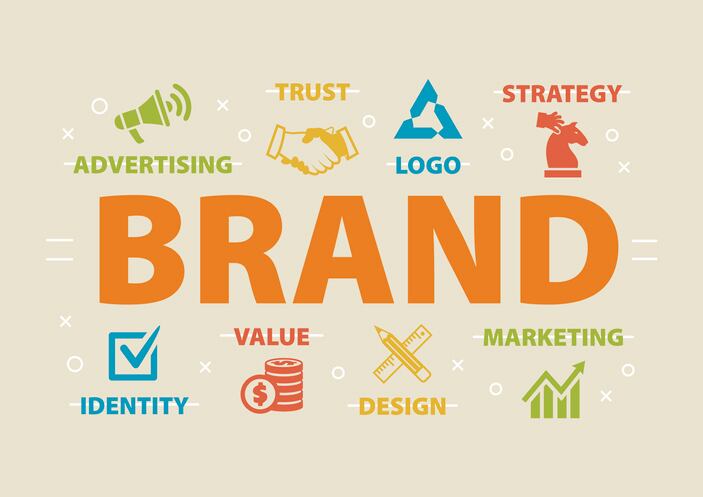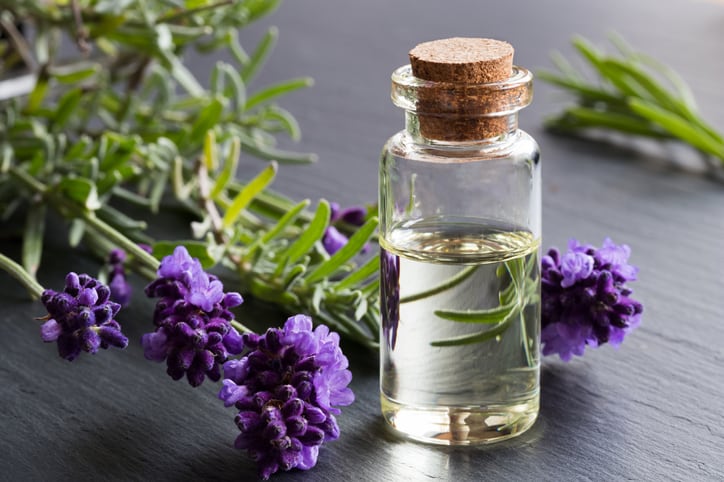Certifications are a topic of much debate in the dietary supplement community. They have been proliferating at a rapid rate and qualifying for some of these certifications is a time consuming and costly business. Which ones make the most sense?
More new brands
The dietary supplement industry is one with a smattering of big brands and a host of smaller ones. And with the low barriers to entry in the industry, and the speed to market offered by the increasingly important online selling platforms, it’s likely that there will be more brands in the future, not fewer. That is, of course, barring a change in the regulation of the industry, such as a product registration requirement, which might make it a bit more involved to become the new supplement brand on the block.
So what is a consumer to do? How many of the majority of Americans who buy dietary supplements can tell the well manufactured stuff from the lesser quality products?
Hence the popularity of the various certifications. At their best they can provide consumers with some quality assurance, as well as providing proof that the products match their ethics, such as organic certifications, or health needs, such as for celiac suffers.
Faux seals crowd the picture
Unfortunately, there is no equivalent of the Good Housekeeping Seal for supplements. Like the brands within the industry itself, the number of certification seals are proliferating. A key issue is the number of faux certifications that are popping up.
Loren Israelsen, president of the United Natural Products Alliance, has a slide (or better put, slides) he presents at the various talks he gives. It’s a graphic representation of the huge number of meaningless seals that pop up on labels. He has had to add slides to this portion of his presentation over the years because he keeps running out of space.
A big one is “FDA approved.” Industry insiders know this is nonsense, of course. FDA doesn’t approve anything; they merely refrain from objecting. In that sense the agency is no different from the neighborhood traffic cop, who doesn’t give out stickers to those who obey the speed limit.
Another is one of the many versions ballyhooing how the product is made in an “FDA Inspected” facility and is “GMP Approved.” Again this in nonsense, though not quite as nonsensical as the above example.
Solid certifications
These bogus certifications raise the noise around the real imprimaturs of quality, which are increasing in number as well. Among these are organic certifications, gluten free seals, the Non GMP Project Verified program and USP’s verification program.
GMO free status is perhaps the most trendy certification at the moment. This has been a difficult certification for supplement brands to qualify for. The original standard was put together mostly with single ingredient food products in mind. Tracing the complicated supply chains for all of the ingredients in a supplement was seen as a daunting task.
But a group of interested parties from the industry has been working diligently on refining this standard so that it better matches what the typical supplement product supply chain looks like. Of about 10 sticking points at the start of this process, reportedly about eight have been solved, making this a more realistic goal for interested brands.
There has been strong disagreement about whether genetically modified organisms, such as a proprietary strains of corn or soy, have health implications. But there can be no disagreement about the interest this has generated among consumers, and satisfying this demand from the market is good business sense. Not all supplement brands will reach groups of consumers who care about this issue, but those who do care seem to care a lot.
An USDA Organic certification, like the GMO free sticker, seem to address a similar question of ethics. Just as a consumer might no want to encourage GMO technology because of how this technology plays out on the local agricultural level, they similarly might want to promote organic agriculture because they perceive it to be better for the environment. And, like with GMOs, there is no consensus among scientists whether an organic food, or a supplement
Organic certifications have not been as popular among supplement brands as has the GMO seal. Supplement consumers don’t seem to demand this positioning as frequently or vociferously as they do the GMO free imprimatur. And it’s a difficult certification to get on supplements, because of similar supply chain concerns as have daunted the non GMO certification. Nevertheless, it does say something important about the care with which a supplement has been formulated.
Making marketing hay
USP’s program, called ‘USP Verified,’ claims that it will assure the consumer that the following things are true:
- The product contains the ingredients listed on the label, in the declared potency and amounts.
- It does not contain harmful levels of specified contaminants.
- It will break down and release into the body within a specified amount of time.
- And it has been made according to FDA current Good Manufacturing Practices using sanitary and well-controlled procedures.
Nature’s Made has been making good use of this seal in the national TV marketing of its gummy supplements. The campaign will serve to raise the profile of the seal as well as the brand, and to communicate to consumers that there is a way to tell the wheat from the chaff in all of the supplements lining the shelves.
One seal to rule them all
Of course with all of these seals, the issue of the false friends remains. With all of the verifications—true and false—that are out there, consumers have a similar problem with those as they do with the supplements themselves. How to tell which of these certifications say something real about the product and which are just doilies to dress up the label?
Is it time for industry to come together to vet these certifiers in some standardized way? To have a meta certification, so to speak, something that might be similar to how colleges and universities are accredited? That’s a topic for a book, not a humble column like this. But it sure seems to me that with the rapid proliferation of ephemeral online brands and supply chains that take unexpected turns through various corners of the world, there is a pressing need for a quick and clean answer when consumers ask, “How do I know what’s good?”




